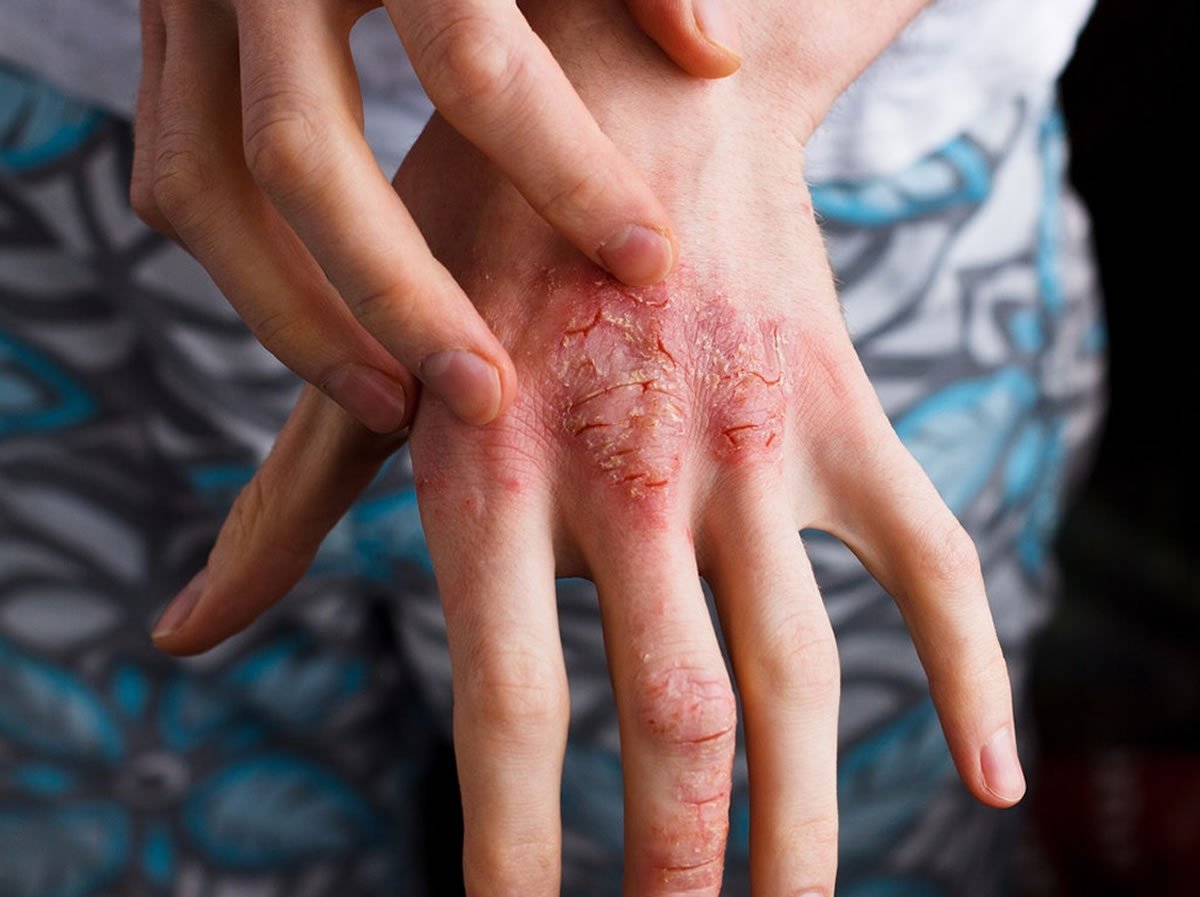Atopic Dermatitis is a common skin condition that can cause significant discomfort. This guide provides insights into recognizing symptoms and exploring effective treatments.

Atopic Dermatitis
Atopic Dermatitis, also known as eczema, is a chronic skin condition characterized by inflamed, itchy, and red patches on the skin. It's commonly found in children but can persist into adulthood. Identifying and managing this condition is crucial for maintaining skin health and overall well-being.
Atopic Dermatitis is believed to result from a combination of genetic and environmental factors. A family history of eczema, allergies, or asthma may increase the risk. Environmental factors such as irritants, allergens, and changes in weather can trigger or exacerbate symptoms.
Atopic Dermatitis can affect people of all ages, although it's very commonly diagnosed in early childhood. Both genders are equally susceptible, and it tends to occur more frequently in individuals with a family history of the condition.
Symptoms
Understanding the symptoms of Atopic Dermatitis is vital for early diagnosis and treatment. Symptoms can vary in severity and may differ from person to person.
Symptoms can fluctuate based on factors such as age and the severity of the condition. In infants, the symptoms often appear on the scalp and face, while older children and adults may experience symptoms on their limbs and trunk.
Treatments
While there is no cure for Atopic Dermatitis, several treatments can help manage symptoms and prevent flare-ups. Effective treatment often involves a combination of self-care measures, medications, and lifestyle adjustments.
Keeping the skin hydrated is essential for managing Atopic Dermatitis. Use a thick, unscented moisturizer at least twice daily. Creams and ointments are generally more effective than lotions.
For individuals who do not respond well to topical treatments, phototherapy (exposure to ultraviolet light under medical supervision) can be an effective option. It reduces inflammation and helps control itching.
In some cases, food allergies may play a role in triggering Atopic Dermatitis. A healthcare provider may recommend an elimination diet to identify potential food sensitivities, followed by dietary modifications as needed.
Managing Atopic Dermatitis requires a comprehensive approach that includes both preventive and active treatment strategies. Recognizing symptoms early and adopting a tailored treatment plan can significantly improve quality of life. For personalized advice, it's essential to consult with a healthcare professional who can provide guidance based on individual circumstances.
Living with Atopic Dermatitis can be challenging, but with the right strategies in place, it's possible to control symptoms and maintain healthy skin.
Explore the Tranquil Bliss of Idyllic Rural Retreats

Ultimate Countdown: The 20 Very Legendary Gaming Consoles Ever!

Understanding Halpin and its Influence

Affordable Full Mouth Dental Implants Near You

Discovering Springdale Estates

Illinois Dentatrust: Comprehensive Overview

Embark on Effortless Adventures: Unveiling the Top in Adventures Made Easy Outdoor Equipment

Unveiling Ossur Valves: Innovation in Prosthetics

Unlock the Full Potential of Your RAM 1500: Master the Art of Efficient Towing!
